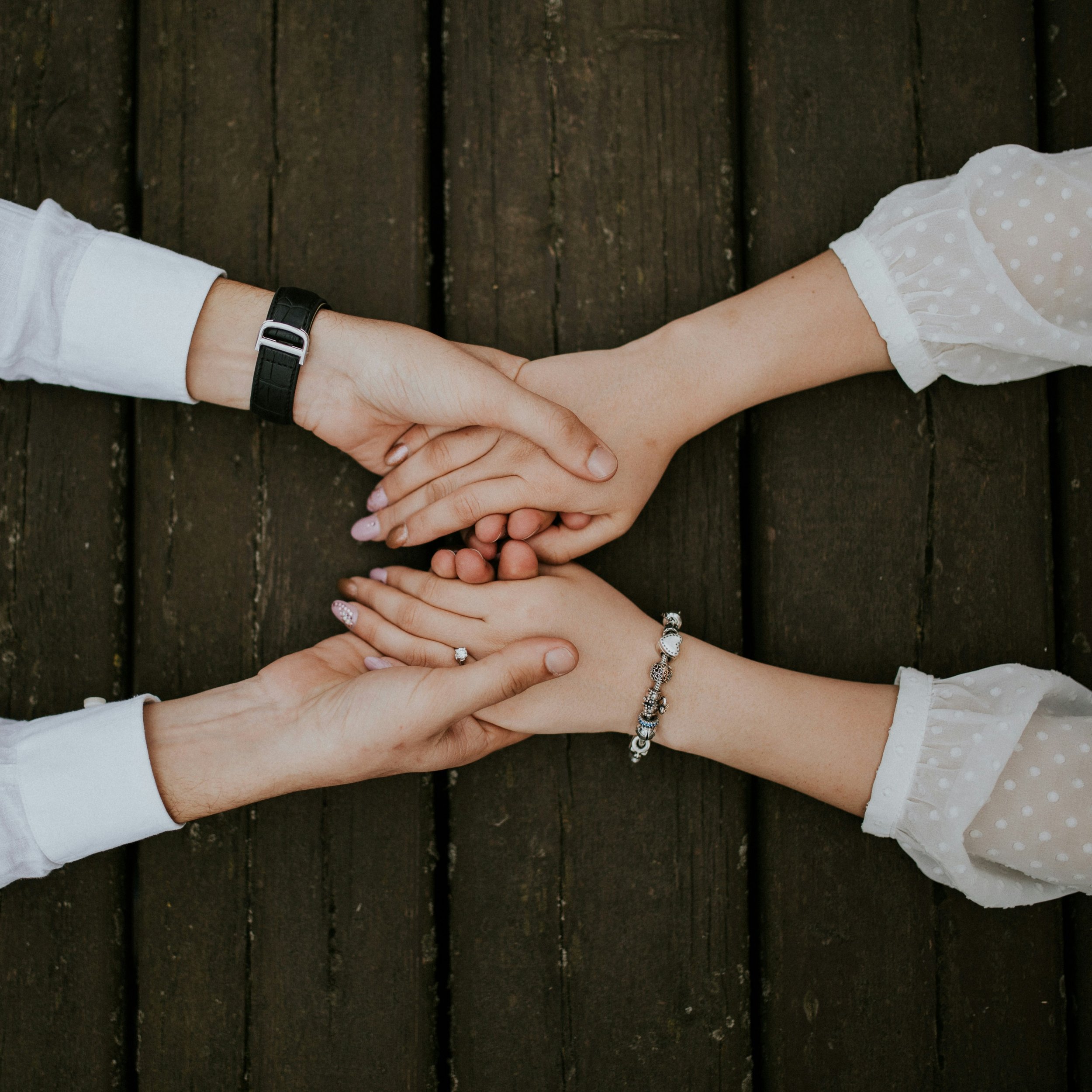
Safe Housing
The work of healing from a trafficking experience takes time, and it requires a place that provides security and comfort for both physical and emotional healing. Our safe housing program provides long-term transitional housing for domestic and foreign-born women survivors of sex and labor trafficking, as well as trauma-informed care in a community setting.
Housing is arguably the most important service we can provide to a survivor of human trafficking who has exited a trafficking situation. Access to housing can protect against housing instability and homelessness, which increases the risk of a person being trafficked or revictimized.[1],[2]
Without stable housing, it’s nearly impossible for a survivor of trafficking to work or study and to attend the regular physical and mental health appointments necessary to recover. Without an address, it’s challenging to apply for identification and immigration documents. Stable housing is also critical to the success of an investigation and the prosecution of human trafficking.
“Safe housing is that first security blanket after extraction. It’s a very make-or-break point ... at a very vulnerable moment for a survivor! I will forever give LifeWay Network the credit for opening a trauma-informed environment of love and support at my most vulnerable moment. Y’all gave me the support I needed, and I’m eternally grateful.”
— LifeWay safe house resident
Program Overview
LifeWay Network’s unique safe housing program is built around a community-living model, where women live together in a house and sleep in single, double or triple bedrooms. They collaborate in regular group activities such as community dinners, therapeutic workshops, educational trainings, outings and recreational activities.
Our program serves both domestic- and foreign-born women survivors of human trafficking, accompanying them through healing in a holistic environment. LifeWay Network’s safe housing program has welcomed more than 150 women from numerous states and more than 40 countries in our safe houses in New York State.
The goal is to support and empower survivors of human trafficking on their journey toward independence and self-sufficiency. LifeWay’s program is centered around trauma-informed care and the provision of culturally sensitive support and services, with the goal of graduating residents who lead lives of independence.
Our holistic model comprises five components:
Community
Economic Empowerment
Healing
Life Skills
Case Management (as needed)
The women survivors who call LifeWay home can stay for as long as a year, supported in their healing by a house manager, residential aides, a host community, licensed social workers and lived-experience advocates, as well as numerous volunteers. Program staff also provide guidance, accompaniment and support to allow each survivor to begin to restore trust, interpersonal relationships and emotional well-being as well as to regain a sense of dignity and self-worth.
Program Impact
In a recent safe house program survey of current and past residents, residents reported:
feeling more optimistic about their future.
improved mental health status.
improved communication skills.
improved vocational skills.
100% of residents responded that they would recommend the LifeWay Network safe housing program to another survivor.
“I love that it felt like I was home. It felt like I was staying at my grandmother’s house. It felt like somewhere I wanted to get comfortable in!”
— LifeWay safe house resident
Overview of Referral Process
Step 1
Review our program specifications.
Step 2
Fill out our referral intake form.
Step 3
An interview with client, case manager or referral agency (if applicable) and LifeWay Network’s intake team is scheduled.
Step 4
Move-in date is provided.
[1] Warren, E.J., Y.N. Drazen, and M.A. Curtis. 2017. “Public Housing Agency Preferences for the Homeless as a Policy Lever: Examining County-Level Housing Subsidy Receipt and Maltreatment Rates,” Children and Youth Services Review 78: 81–88. https://www.ncbi.nlm.nih.gov/pmc/articles/PMC6072271/.
[2] Williams, Abigail, and Peace Gwam. 2021. Domestic Violence Survivors Urgently Need Housing Stability and Solutions during the Pandemic. Urban Institute. https://www.urban.org/urbanwire/domestic-violence-survivors-urgently-need-housing-stability-and-solutions-duringpandemic.

